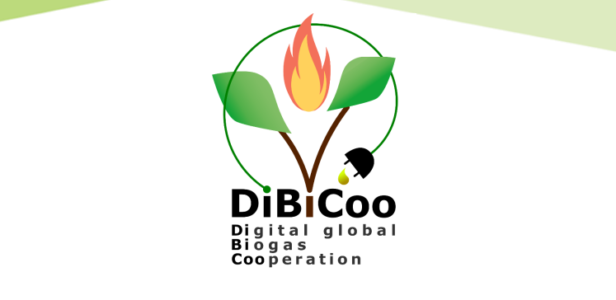Executive Summary
DiBiCoos Market Uptake Program has the goal to prepare markets of developing and emerging countries for European Biogas Technology. The focus countries for DiBiCoos Market Uptake Program are Argentina, Ethiopia, Ghana, Indonesia and South Africa. Many different project activities were supporting the project development in these countries, such as market reports, capacity buildings, study tours and matchmaking events. Additionally, in each of the five countries one promising demo project was selected by DiBiCoo. These five demo projects were supported by DiBiCoo with the collaborative preparation of pre-feasibility studies. Another goal of DiBiCoo is to show the impacts of these projects based on the prepared pre-feasibility studies.
Biogas has a variety of products and services to offer. The main product is the generation of sustainable, locally accessible energy. This energy can either replace currently used fossil fuels, or give people their first access to modern energy services.
Furthermore, the use of biogas can have positive impacts on the environment, economy and society. DiBiCoo was only promoting the utilization of wastes and residues, to avoid a conflict of use with primary food or feed production. When residues or wastes are used in a biogas plant, the emissions caused by less sustainable or appropriate disposal can be significantly reduced. A special case is the demo project in Ethiopia, which will utilize invasive water hyacinth in Lake Tana. The current pervasive growth of this water plant is slowly destroying the aqueous ecosystem in Lake Tana. The utilization of the water hyacinth in a biogas process could give a crucial incentive to harvest the water hyacinth and clear the lake. Therefore, in this case the biogas plant also offers a valuable ecosystem service, which significantly improves the health, biodiversity and resilience of the native ecosystem.
Economically, the investment in a biogas plant benefits the local economy, especially since certain parts of the investment and operation use domestic or local inputs. The planning and commissioning, construction, and especially the operation of a biogas plant brings new jobs to a region, which of course benefit the local community and promotes the development of expertise. Furthermore, especially when utilizing municipal wastes, the health hazards for people can be significantly reduced.
This deliverable has not been approved by the EU as of yet.
To read the full report click the download button:
